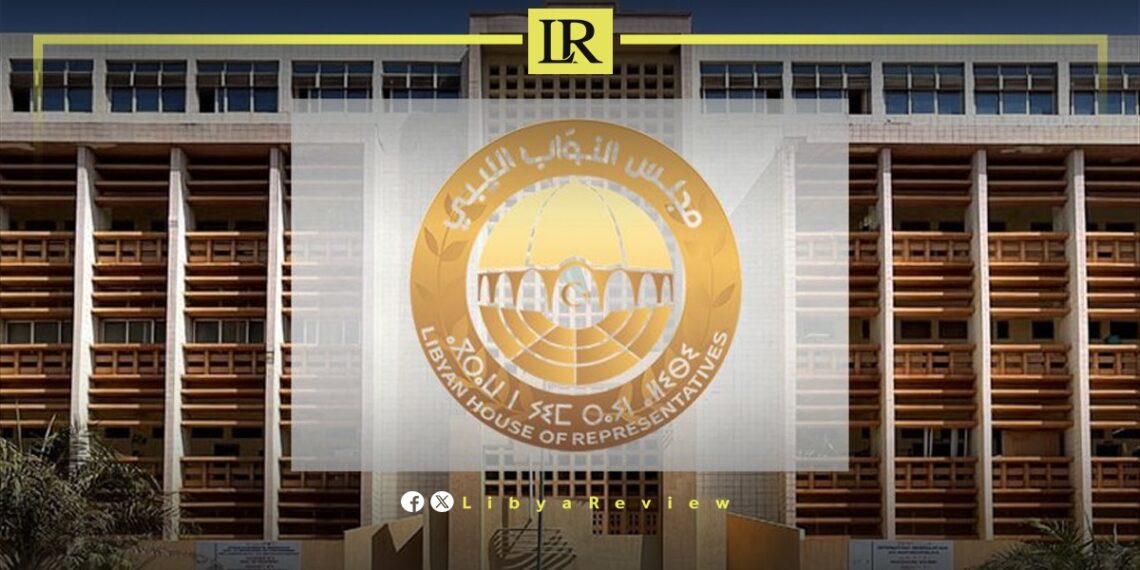The Foreign Affairs Committee of the House of Representatives has expressed deep concern over the fate of Libyan investments in Africa, particularly in the Sahel region and the Republic of Burkina Faso, following the decision by Burkinabe authorities to nationalise the Libyan-Arab Bank for Commerce and Development.
In a statement, the committee affirmed its support for the Libyan Foreign Bank in its opposition to the nationalisation process, urging the authorities in Burkina Faso to retract their decision and work together to find a solution that serves the interests of both countries and ensures the rights of depositors and shareholders.
The committee warned of taking international legal actions if no settlement is reached, including resorting to arbitration and judiciary to nullify the nationalisation decision.
The Foreign Affairs Committee pointed out that this decision would negatively affect relations between Libya and Burkina Faso and could prompt Libya to reassess its investments in Africa.
The committee called on relevant entities to conduct a risk assessment of investments to prevent such incidents from recurring.
The committee emphasised the necessity of unifying positions between Libya and African countries regarding economic and security cooperation and the issue of migration, noting that such incidents might force Libya to reassess its relations with certain African countries.
Two weeks ago, the Burkinabe government announced the nationalisation of the Libyan bank, justifying that it faced numerous difficulties in addition to the absence of the Libyan partner, who did not provide the expected support.
In the first Libyan response to the nationalisation announcement, the Director of the Libyan Foreign Bank, Khaled Algonsel, stated that Burkina Faso’s decision was illegal.
Khaled Algonsel noted that the Arab Libyan Bank for Commerce and Development was established in 1984 as a partnership between the Foreign Bank and the state of Burkina Faso, with each party holding 50%, and a capital amounting to $18 million.


